A CLOCKWORK ORANGE (1972) – Review by Richard Schickel
For a director like Stanley Kubrick, a novel like Anthony Burgess’s A Clockwork Orange must have seemed an irresistible challenge. Kubrick is essentially a daring imagist, yet he has twice before been tempted by projects that pose powerful problems of language for the film maker.

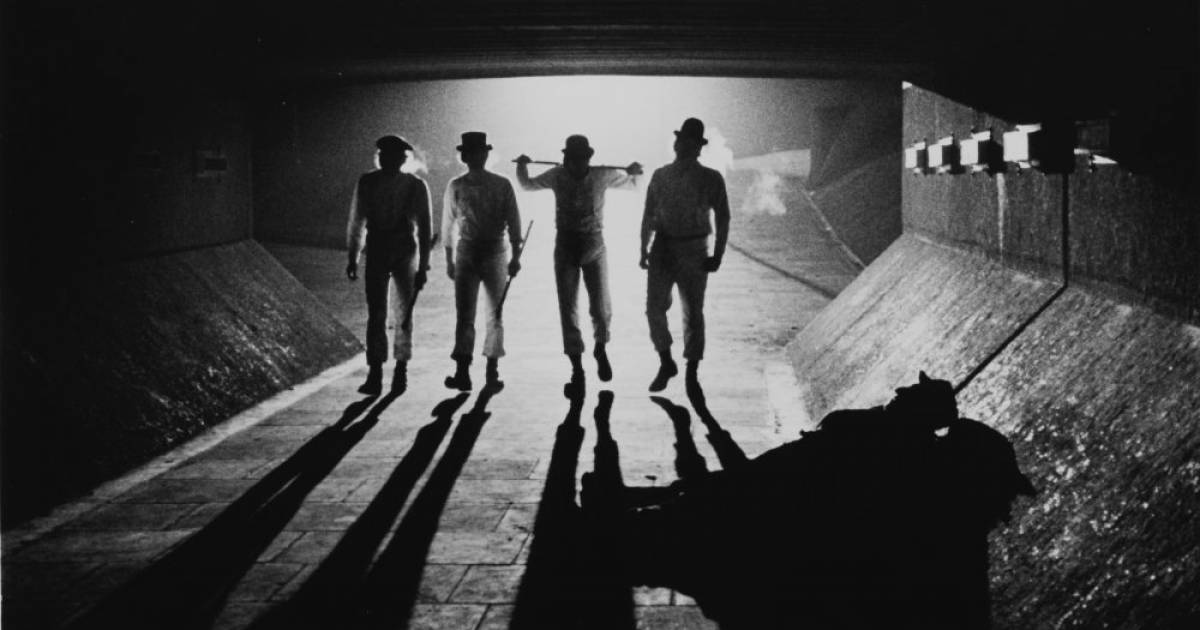

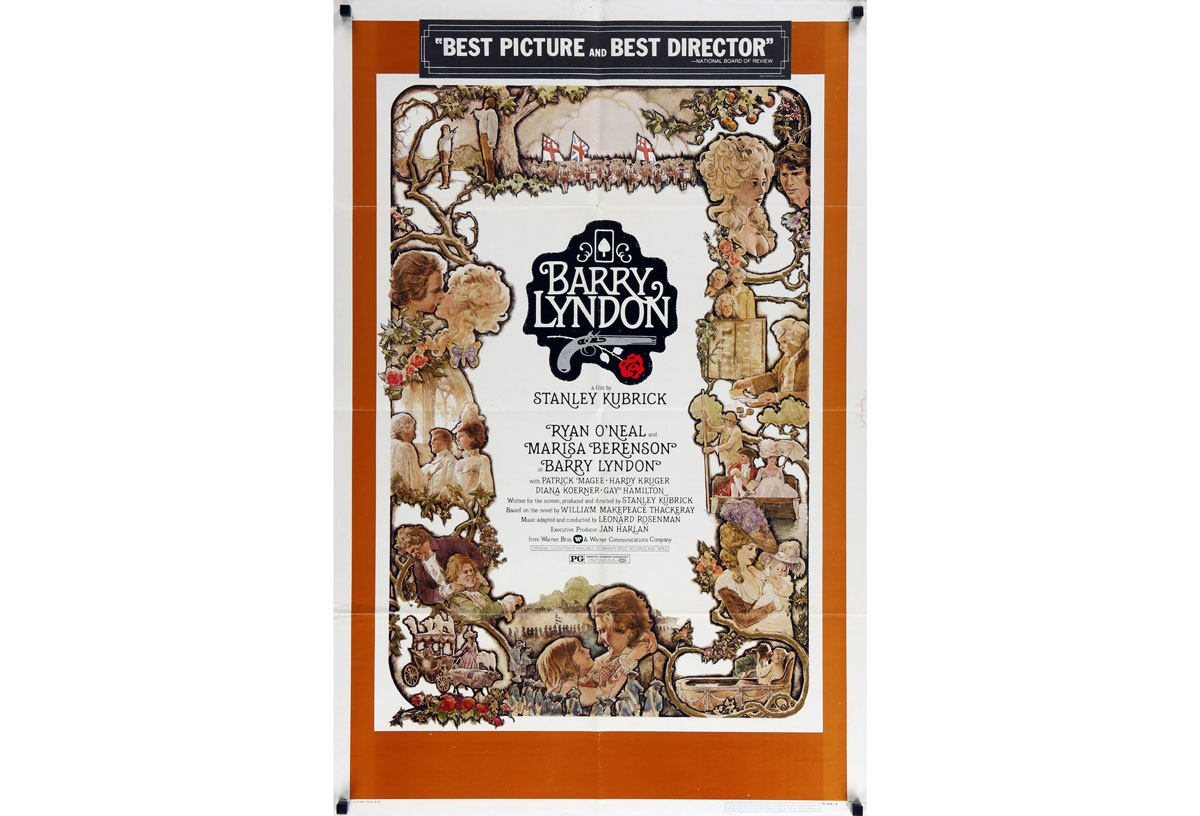
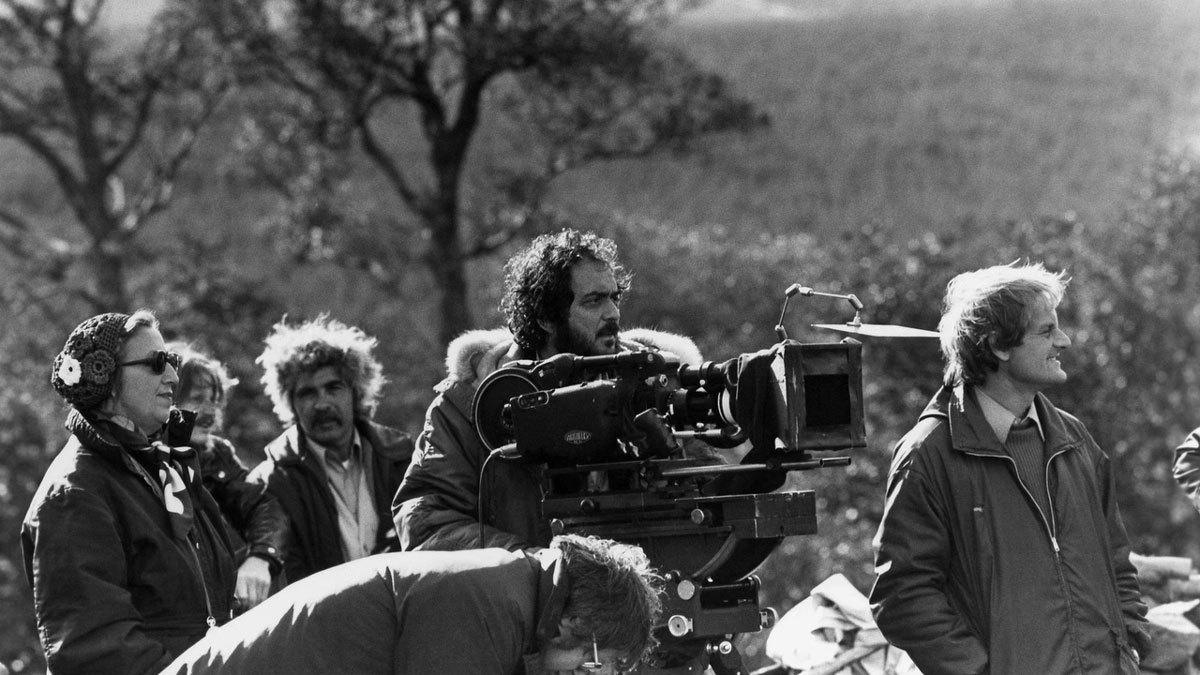
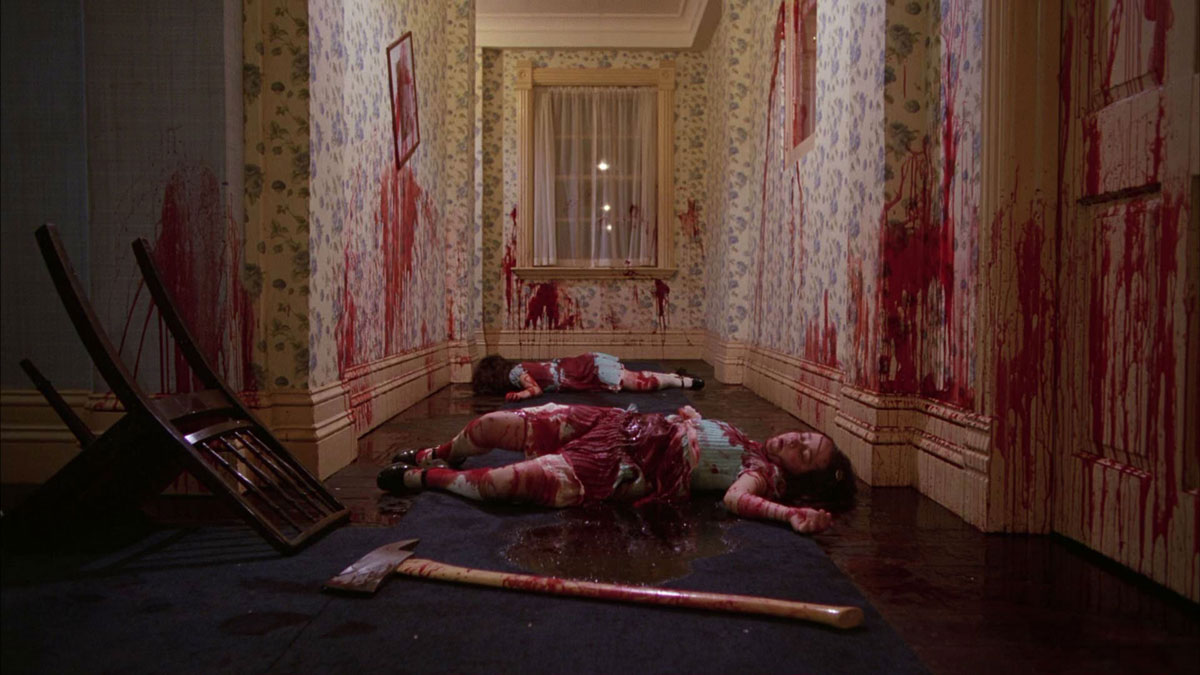
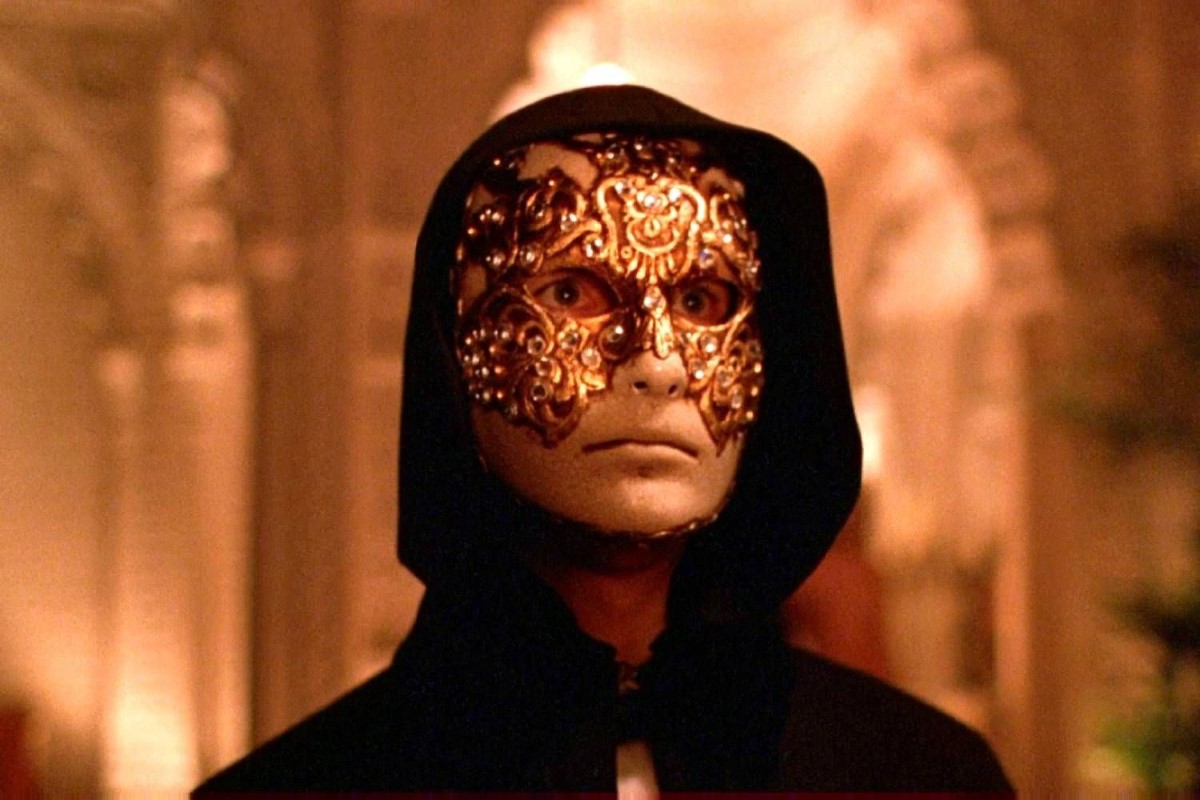
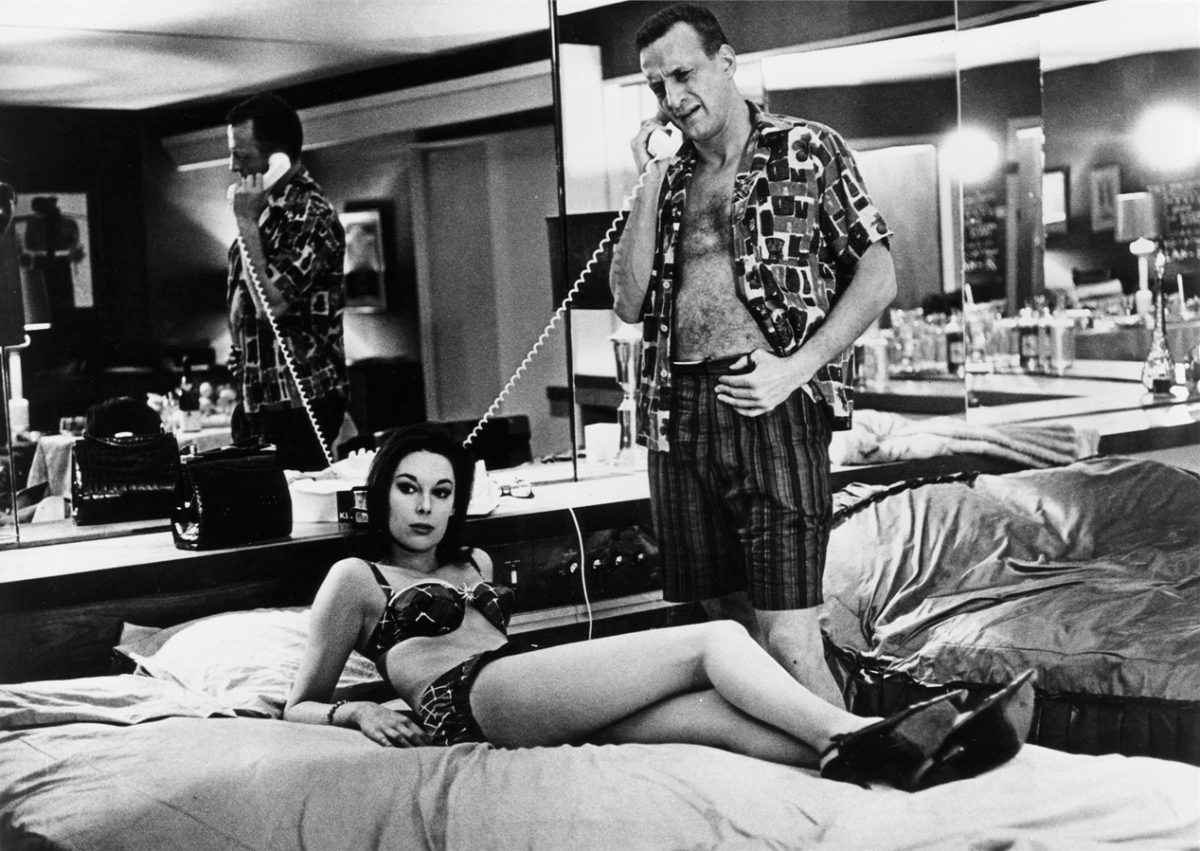
![The Shining (1980) Dick Halloran [Scatman Crothers]](https://scrapsfromtheloft.com/wp-content/uploads/2017/02/The-Shining-1980-Dick-Halloran-Scatman-Crothers.jpg)